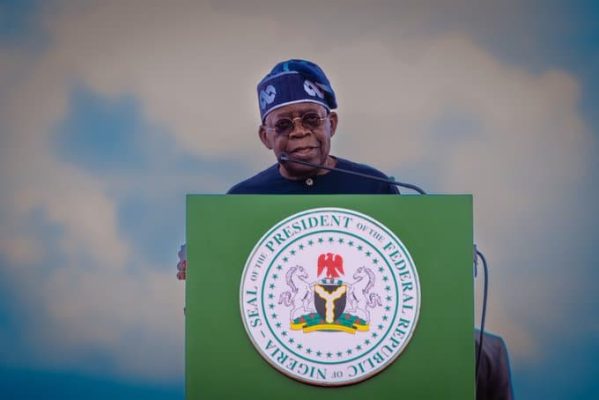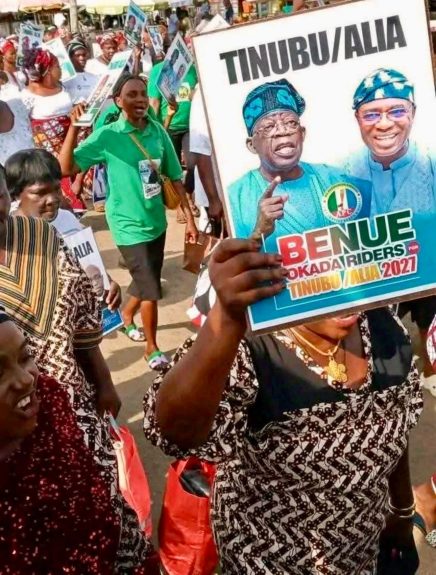
…President pledges justice as death toll from Yelewata attack surpasses 100
Mathew Amaechi
President Bola Ahmed Tinubu on Wednesday arrived in Benue State to visit survivors and bereaved families following last Friday’s massacre in Yelewata, Guma Local Government Area, where over 100 villagers were killed in one of the deadliest attacks in recent memory.
Some other reports out the figures at over 200
Tinubu’s first stop was Yelewata, the epicentre of the June 13 carnage, where he met with families of the deceased, displaced persons, and local leaders. The attack, carried out by unidentified gunmen, left charred homes and traumatized communities in its wake, adding to the grim toll of more than 500 lives lost to communal violence across the state in 2025 alone.
After visiting victims at a local hospital, the President proceeded to the Benue State Government House Banquet Hall in Makurdi for a high-level town hall meeting with key stakeholders.
The meeting drew a wide range of attendees, including traditional rulers, community leaders, national and state politicians, and security chiefs. Among those present were the National Security Adviser, Nuhu Ribadu; the APC National Chairman, Dr Umar Ganduje; Secretary to the Government of the Federation, George Akume; and former Governor Samuel Ortom.
Also in attendance were governors from the North Central zone, members of the National Assembly, local council chairmen, the Benue State Executive Council, and civil society representatives. The gathering was convened to discuss both immediate relief and long-term security solutions.

Addressing the packed hall, Tinubu condemned the attack as “barbaric and utterly unacceptable,” and promised the federal government would “leave no stone unturned in bringing the perpetrators to justice.” He also pledged increased support for security operations in the region and called for unity among the ethnic groups in Benue.
“The lives lost are not just statistics—they are our mothers, fathers, children,” the President said. “This senseless bloodshed must end. Benue will not be abandoned.”
The Yelewata attack, according to Amnesty International and local authorities, involved armed men setting homes ablaze and opening fire on residents as they fled. Many victims were reportedly internally displaced persons who had sought refuge in the village after previous attacks.
Emergency workers say several dozen people are still missing, while hundreds are wounded. Local police have confirmed the incident but are yet to release an official death toll. A state-wide manhunt is underway, although residents fear more violence as tensions rise with the start of the rainy season, a period often fraught with grazing-related disputes.
Tinubu’s visit marks a rare direct engagement by the presidency in the aftermath of such attacks, signaling a possible shift in federal attention toward the escalating security crisis in Nigeria’s Middle Belt.
But for many residents of Yelewata, only sustained action—not promises—will restore their faith.
“We are tired of burying our people,” said Tyohemba Adakole, a community leader in Guma. “This visit gives us hope, but what we truly need is protection.”
The President’s aircraft had landed at the Tactical Air Command of the Nigerian Air Force Base in Makurdi at exactly 12:58 p.m. on Wednesday, marking his first physical visit to Benue since the wave of mass killings intensified.

The visit follows widespread public outrage and grief over repeated attacks that have reportedly claimed more than 100 lives in recent weeks, triggering calls for decisive federal intervention.
The President’s arrival comes amid renewed national debate on the rising insecurity in Nigeria’s Middle Belt, where communities have faced years of deadly clashes involving armed herders, bandits, and suspected militias.
Critics have accused successive administrations of failing to protect vulnerable populations, despite repeated warnings from humanitarian and civil society groups.
